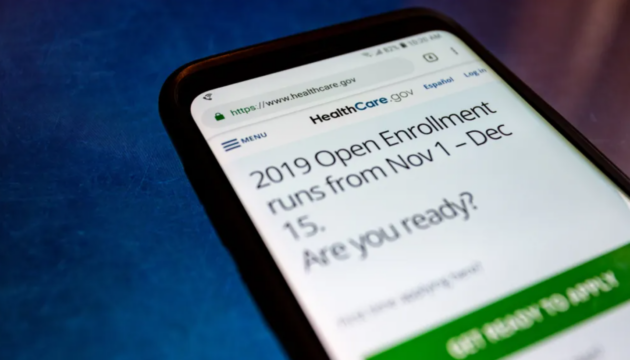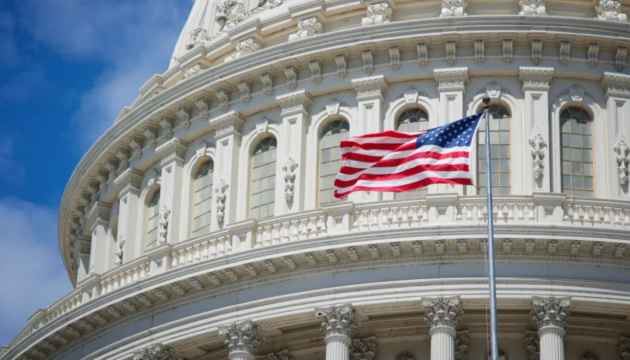Brookings Schaeffer on Health Policy
More from Brookings Schaeffer on Health Policy Blog
-
Cost-Shifting in Drug Pricing, or the Lack Thereof
Two trade groups representing employers are suggesting that their support of the reconciliation bill’s drug pricing provisions is contingent on employers getting to benefit from any regulatory drug price reductions, not just Medicare. Schaeffer Initiative Expert Loren Adler explores these claims in cost-shifting drug pricing.
Categorized in -
Changes in Emergency Physician Service Prices After Connecticut’s 2016 Surprise Billing Law
On January 1, 2022, the No Surprises Act will take effect. This study aims to fill that knowledge gap by presenting preliminary evidence about the effects of Connecticut’s 2016 surprise billing law on the emergency physician services market.
Categorized in -
Options for Containing the Cost of a New Medicare Dental, Hearing, and Vision Benefit
USC-Brookings Schaeffer Initiative for Health Policy expert Matthew Fiedler analyzes options for reducing the cost of adding dental, hearing and vision coverage to Medicare.
Categorized in -
Comments on No Surprises Act Rulemaking: Part I
Schaeffer Initiative experts offer comments on an interim final rule (IFR) issued by the Departments of Health and Human Services, Labor, and the Treasury implementing provisions of the No Surprises Act.
Categorized in -
A Framework for Categorizing and Analyzing Prescription Drug Pricing Reform Options
Schaeffer Initiative experts present a framework for categorizing and analyzing a wide range of proposed policy reforms for prescription drug pricing.
Categorized in -
Government Regulated or Negotiated Drug Prices: Key Design Considerations
Americans pay much higher prices for brand drugs than do people who live in other industrialized nations. Most Americans—79 percent—consider U.S. prescription drug prices to be unreasonable, with almost 3 in 10 reporting they go without prescribed medications because of cost. With 70 percent of Americans reporting that lowering drug costs is their highest healthcare priority, the Congress and the Biden Administration are considering how to lower US drug prices
-
Comments on the Development of a Public Health Insurance Option
Schaeffer Initiative experts Matthew Fiedler and Loren Adler provided comments in response to a request for information on the design of a public health insurance option from the chairs of the House Energy and Commerce Committee and Senate Health, Education, Labor, and Pensions Committee.
Categorized in -
Comments On a CMS Proposal to Allow Year-Round Marketplace Enrollment for Low-Income People
Schaeffer Initiative expert Matthew Fiedler provided comments to the Centers for Medicare and Medicaid Services on proposed rule that would permit people with incomes below 150% of the federal poverty level (FPL) to enroll in coverage through the Health Insurance Marketplaces established by the Affordable Care Act at any time during the year, rather than solely during the annual open enrollment period.
Categorized in -
“Equal Weighting” is a Poor Framework for Arbitration Decisions Under the No Surprises Act
If arbitrator are required to consider or weigh the various factors “equally” under the No Surprises Act, it would be close to meaningless and leave arbitrators without an actionable framework for making decisions. A lack of clear guidance would be costly—resulting in excessive use of arbitration, excessive payments to providers, and, in turn, excessive premiums.
-
The Case for Replacing “Silver Loading”
An analysis of how a public option may or may not reduce healthcare costs in the U.S.









